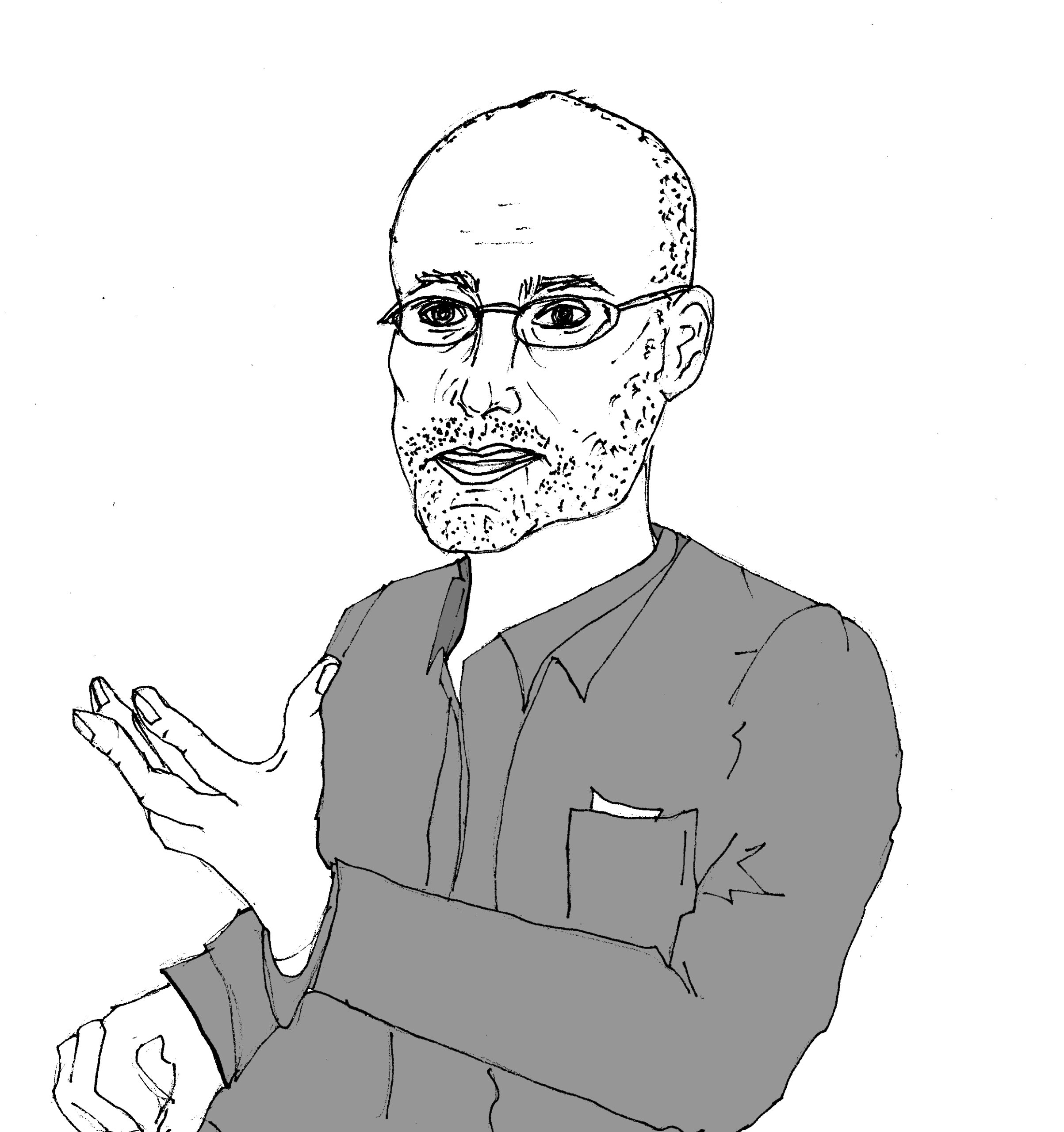The appointment of Arthur Brooks was deeply undemocratic
November 8, 2019
 This
piece represents the opinion of the author
.
This
piece represents the opinion of the author
.
 Maia Coleman
Maia ColemanThe appointment of Arthur Brooks was undemocratic. We woke up to an email one day, and that was it. No consultation, no presentation of candidates, nothing. When we praise democracy so much at this school—helping students to vote, promoting voting and encouraging students to voice their demands—this appointment felt completely opposite to the values we propose. What would have happened if the campus and maybe even the outside community had voted on who to appoint as a visiting fellow of the Joseph McKeen Center for the Common Good? There is a chance that Arthur Brooks would have been selected by a majority, but we will not know since there was not such a vote.
One could very easily argue that we lack the competence to make such a decision, but the same argument can be given about voting in state or national elections. We know certain aspects about the lives of the candidates, we learn about them through the press but very few of us actually get the possibility to get to know them on a personal level. This does not stop us from voting for those candidates as we see how they fit our preferences, even if the only research we have done consists of a fast skimming of the newspaper. This system: we accept it, and even promote it, at the College and beyond. We encourage voting and the values of democracy through electoral policies. We do look outside the borders of the College, but we forget to look inside and at the democracy that exists within our own home.
Who knows better than us about what is happening in our own home? Some of us might not have as much background knowledge as others do, or some of us might not have the same oratorical skills as others, but this does not matter, as we understand this place. And since we understand it, each through our own perspective, why are our voices not taken into more consideration?
Why are we encouraged to vote in elections, but not to expand the democratic process on campus? One could say that we have a democratic system through the existence of Bowdoin Student Government, the Class Councils and other such bureaucratic institutions. What I am asking is why not vote for the actual leadership of this school? Why not at least think about a scenario in which the entire community will come together (not only students) and cast their vote.
We could have done this for this new fellowship with the McKeen Center, and maybe we could have had the possibility of hearing the candidates before they actually got the position. We could have had a presentation of the profiles of the applicants that are interested in this position. The community would have asked questions, engaged in discussion and debated ideas. Instead, we got an email one day with the appointment of Arthur Brooks. To be clear, I am not asking us to be informed before the decision comes out, I am asking for more democracy on this campus. As far as we advocate for democracy in politics, bring it on our campus as well. Are we afraid of what the people want? Are we afraid of who we really are?
And since we want to consider ourselves models and future-shapers, why not start here at the school? Why do we talk so much about democracy in the outside world, about the non-democratic regimes in the Middle East (even if we have never been there and we do not understand how they work) and ignore our own home? Who knows best about home? We do. And we should be more engaged in the decision-making process. Students, housekeepers, plumbers, gardeners, chefs, professors, technicians, assistants, etc.—all of us call this College home, and we should have the possibility of deciding what is best for it.
Radu Stochia is a member of the Class of 2022.

Comments
Before submitting a comment, please review our comment policy. Some key points from the policy: